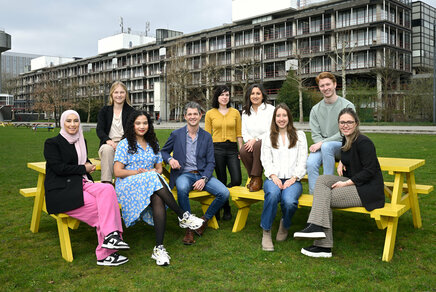‘Being in a student team is frightening similar to working life’
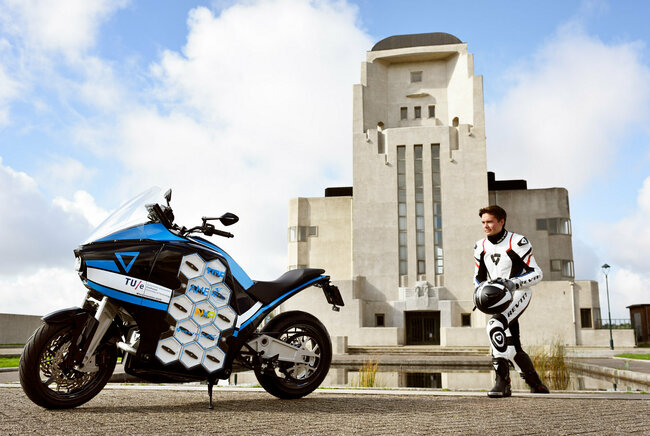
Around 2012, Texas van Leeuwenstein was a 'repeat offender' when it came to student teams. Back then, these were still in their infancy. He co-founded two teams: TU/ecomotive, which developed an electric city car, and team STORM, which traveled around the world in 80 days on a self-built all-electric touring motorcycle.
-
Who
Texas van Leeuwenstein (30), Bachelor of Electrical Engineering (automotive) and Master of Automotive Engineering.
Read more -
Team
Co-founded the TU/ecomotive (2012) and STORM (2013) teams. He was team manager at STORM, which no longer exists as a student team, but spawned spin-off Eleo. At TU/ecomotive, Texas was involved in the sustainable car's technology, and he was a board member.
Read more -
And now...
Texas is a Business Development Manager Terminal Tractors at the Hyster-Yale Group in Nijmegen.
Read more
What were teams TU/ecomotive and STORM's goals?
“At TU/ecomotive, we wanted to develop an electric city car to take part in the Shell Eco-marathon (SEM). We wanted to participate with a small city car to show what it's practically possible. We, obviously, knew we wouldn't win or break a record within a year. So, we decided that, above all, it had to be a reliable vehicle - a foundation on which subsequent teams could build.
At team STORM, we developed an electric touring motorcycle with which we competed, using no internal combustion engine, in an 80-day race around the world.”
What did you learn from your time on these teams?
“Setting up and building a team: how important the team's personalities and expertise are, and their purpose. Laying out a business strategy, developing an idea into a strategy, with different pillars you can fall back on when telling your story. And how good having a collective, clear goal can be, for example, by working long and hard together to finish the car.
At STORM, I learned all this, plus preparing and giving good presentations. I also learned to create a story that invites others to join in or gets companies to collaborate.
Working on a project gives one important insight; there's more to it than merely a technological challenge. Companies are often eager to find out if their current strategy is the best. And time and money are often critical factors. These kinds of issues aren't covered as much in university studies. It's good to encounter this in a student team. That can come in handy later in your career.”
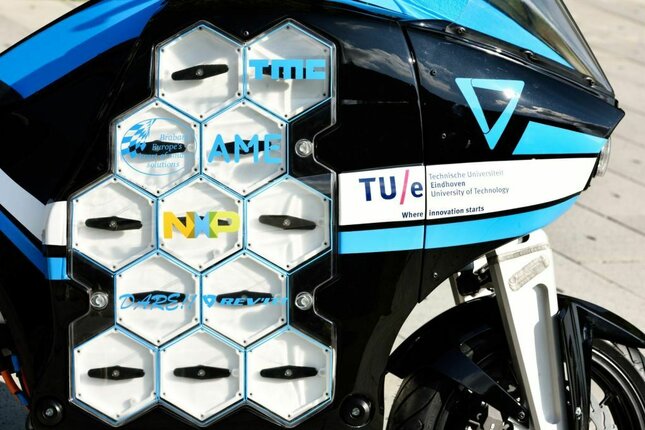
What was a personal highlight of your time on the team?
“The Shell Eco-marathon was the icing on our hard work's cake. Beforehand, we got plenty of doubtful looks and comments, saying we'd fail. Yet, with a massive amount of work and luck, we did it. It rained a lot during the Eco-marathon's first days. Many other vehicles fell out and couldn't record consumption, but we managed to keep driving and beat several personal records. Unfortunately, on the last day, the weather was beautiful, and the competition immediately overtook us. But, in our minds, we'd already succeeded.
There were two highlights at team STORM: presenting our engine's design and appearing on the RTL Late Night TV program. That was the first time a TU/e student team had been guests on a live talk show. TV presenter and motorcycle fanatic Rick Nieman, and we presented our story and the motorcycle.”
What disappointed you?
“Group dynamics and problem solving within the team wasn't always great. And I found that everyone is your friend as long as things are going well, but when they're not, those people are gone.”
What advice would you give students who are hesitant about joining a student team?
“Being part of a student team is frighteningly similar to working life. That includes all the team dynamics, motivation, and political juggling to get something done. It depends on what you do later, of course, but it's a great lesson to learn that a problem is often broader than just technology and you can often find a better, much quicker solution outside that arena.”
Meer over onze strategie

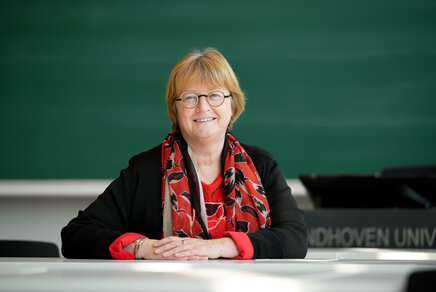
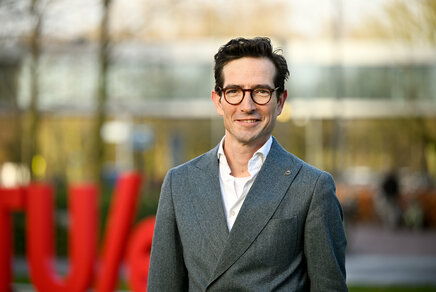
Blijf ons volgen
More on our strategy

![[Translate to English:] [Translate to English:]](https://assets.w3.tue.nl/w/fileadmin/_processed_/c/f/csm_BvOF_2024_0319_AEV_license_TUe_Dirk_van_Meer_-_CORE_1__c976e259a5.jpg)
